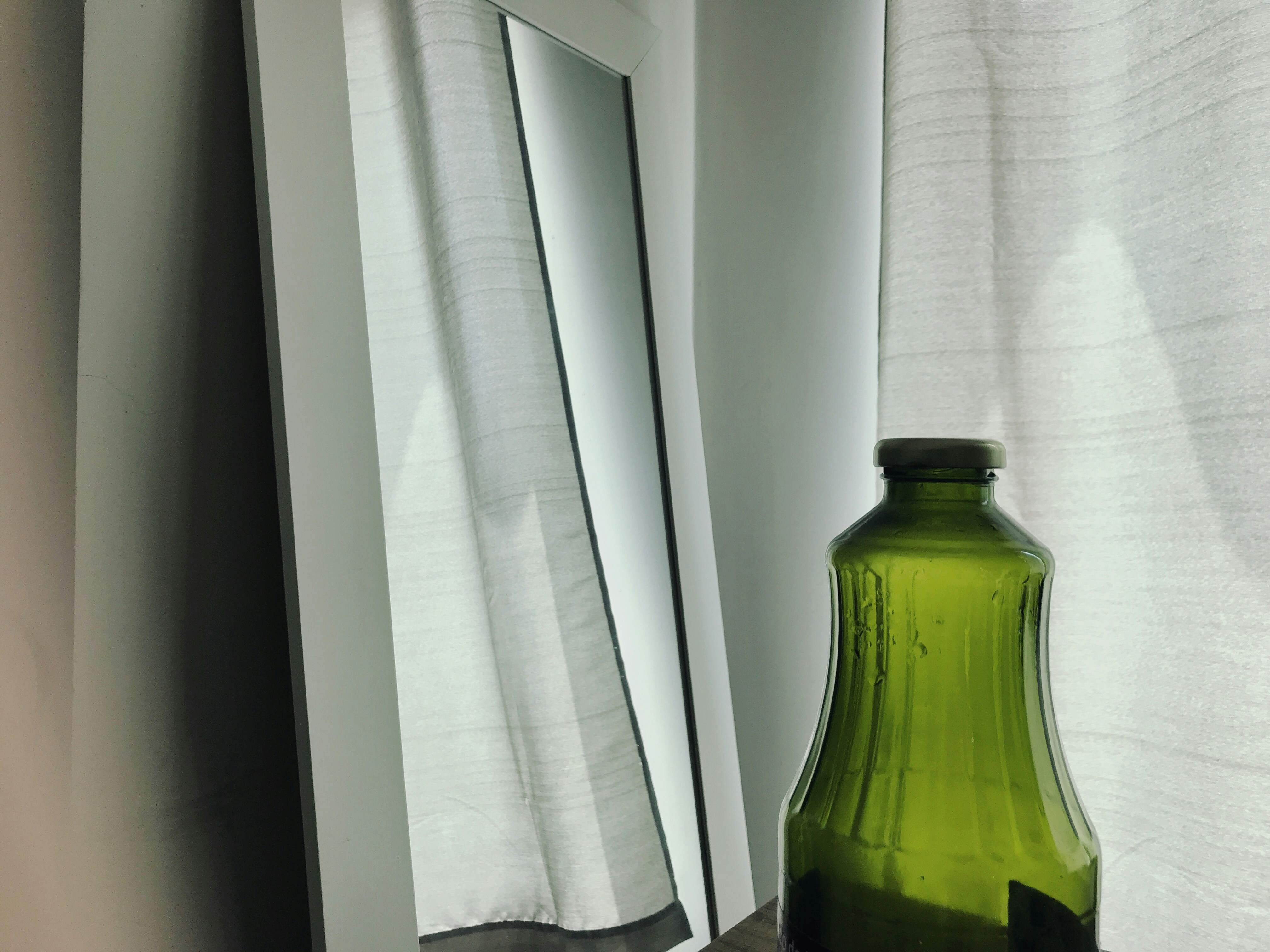

Regular antiperspirants use chemical preservatives, a few of which are perhaps dangerous. Triclosan as well as parabens, for example, are both loosely related to cancer cells and endocrine-system disturbances. Other products, like nail gloss and also hairspray, include phthalates, which can disrupt endocrine processes as well as possibly affect reproductive systems. Organic or genuinely natural cosmetics shouldn't contain any of these active ingredients. This normally implies they have a shorter service life than standard items, considering that they do not contain preservatives. And it might indicate that natural cosmetics are healthier than their traditional equivalents, since they don't include synthetic ingredients that may (or might not) disturb our all-natural body procedures. There's no clear-cut proof in any case on whether potentially harmful ingredients can do damage when they're "eaten" in aesthetic kind. There's likewise little real proof revealing that all-natural cosmetics are any better for your skin or hair than conventional ones. For people with sensitive skin, artificial chemicals can be irritating, so that's one reason to go all-natural.
But it's mostly an issue of choice: Some individuals think that "artificial" indicates "undesirable." Others believe that "all-natural" does not necessarily imply "secure," and also they rely on the Cosmetic Ingredient Review (which evaluates and examines the safety and security of cosmetics) to maintain dangerous products off the shelves. One area in which natural cosmetics probably stand out is in eco-friendliness-- yet just if they lug a trusted natural tag. An USDA-labeled organic cosmetic is probably made in a more environmentally friendly manner than a conventional cosmetic. This brings us to a major sticking point with natural cosmetics: the labeling. In cosmetics, not all labels are developed equivalent. Cosmetics identifying isn't as securely controlled as food labeling. It's perfectly lawful for a business to label its hair shampoo "agricultural" if it has synthetic aloe scent included. The odor of aloe, after all, is "agricultural." Other tags like "nature-inspired" and "all-natural" do not actually suggest anything concrete, either. Some "all-natural" products do contain all-natural components; others don't.
The more reliable classification is "natural," and specifically "USDA Organic." There are a number of different natural certification companies in the United States, yet they use different criteria, and it's usually uncertain how trusted a few of them are. S. Department of Agriculture (USDA) has a strict natural standard, and also the "USDA Organic" label is well-enforced. If a cosmetic claims "USDA Organic," you can be fairly certain its ingredients were not expanded with chemical pesticides, that it was made sustainably, as well as that it has no chemical preservatives. The word "natural," nevertheless-- minus the "USDA"-- is not enforced as rigorously in cosmetics as it is in food. An artificially managed deodorant can call itself "natural" and obtain nothing greater than a put on the wrist by the USDA. So make certain to seek the organic seal, not simply words. There are lots of cosmetics brands that are absolutely natural. You simply need to do some research to learn that is dependable as well as that isn't.
Cosmetic Labels: Is"Natural" Natural? Truly natural or organic cosmetics should not have any of these ingredients. And it may suggest that natural cosmetics are healthier than their traditional equivalents, given that they don't include artificial active ingredients that may (or may not) disturb our all-natural body procedures. Others think that "natural" doesn't necessarily indicate "safe," and they trust the Cosmetic Ingredient Review (which examines the safety and security and also reviews of cosmetics) to website keep dangerous items off the shelves. An USDA-labeled natural cosmetic is most likely made in a more environmentally friendly manner than a conventional cosmetic.
If you have any kind of questions pertaining to where and how you can use organized makeup case, you could contact us at our own page.
Comments on “Is Natural Makeup Better?”